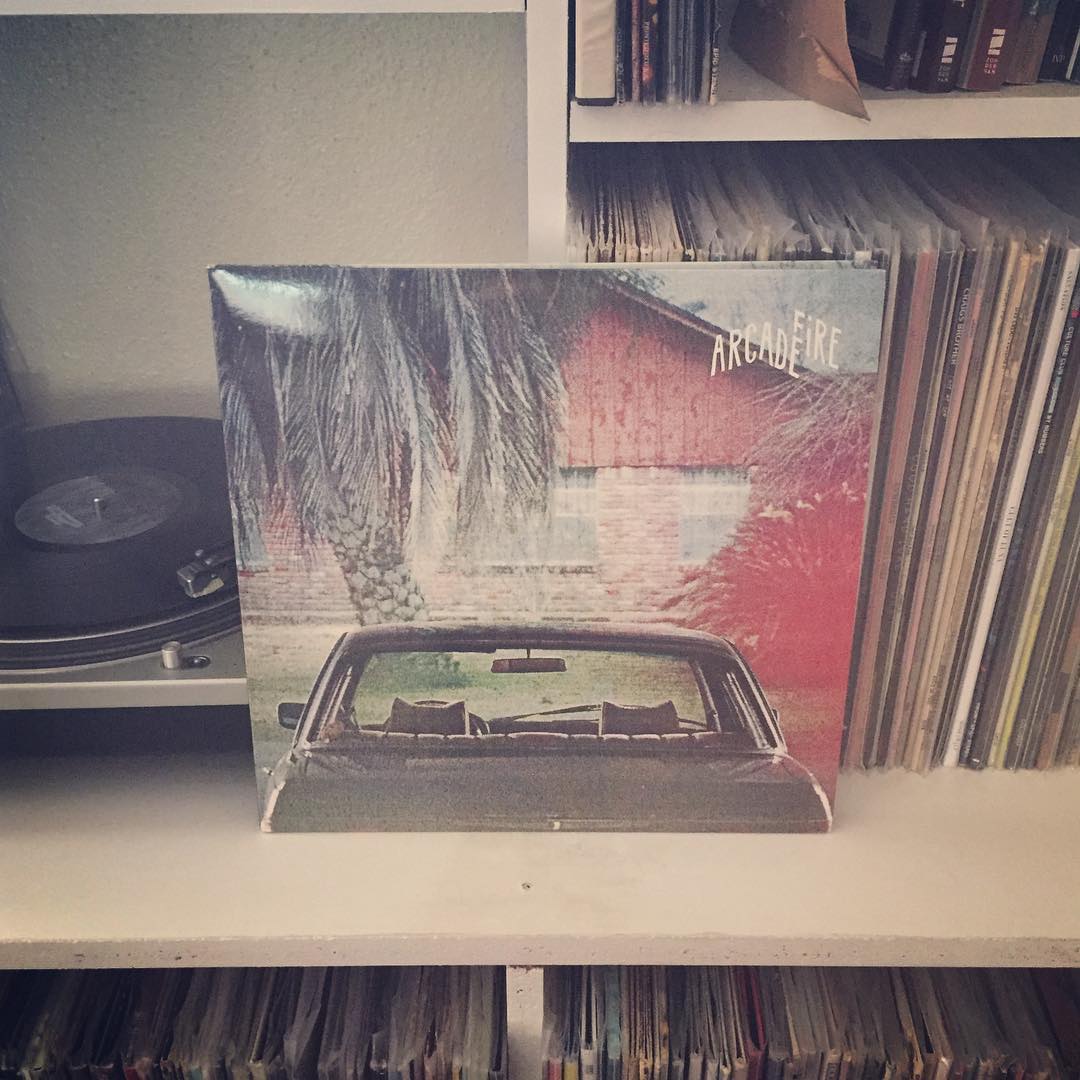Were I given to brevity, this post would say one thing.
“This album is perfect.”
However, I am not given to brevity, so I will be expanding that review to varying degrees of verbosity.
This album is perfect because…
Having heard The Beatles’ Rubber Soul, the Beach Boys’ Brian Wilson quit touring with the rest of the group to focus on creating the greatest pop album ever. By all accounts, he succeeded. Pet Sounds so far surpasses the easy-going, vapid California-centric music the group had gotten famous for that it’s hard to understand that it’s the same five guys. While the lush harmonies are still present (What would the Beach Boys without their vocal interplay?), there’s less of the ba-bas and doo-wahs, with more emphasis placed on the small orchestra Brian Wilson hired to play on the tracks, to the point where there are two fully instrumental numbers (which are excellent, despite what anyone says).
And where their earlier material rode the waves of West-Coast beach culture and a nation’s desire to party, Pet Sounds finds them diving into personal waters for the first time. There’s a self-doubt that pervades Wilson’s lyrics, even on the love songs (“I may not always love you…” starts God Only Knows). While tracks like I Just Wasn’t Made For These Times and Don’t Talk (Lay Your Head On My Shoulder) are easily identified as sad songs, other, bouncier tracks are a bit more deceptive. Here Today, with its raucous orchestra and delayed bass solo, tricks you into letting the top down and singing along–until you realize he’s warning his ex-girlfriend’s new boyfriend about what a Jezebel she is. In fact, only Wouldn’t It Be Nice and the cover Sloop John B showcase purely optimistic lyrics; the rest of the songs are more complex, like the ballads You Still Believe In Me and I’m Waiting For The Day. Without exaggeration, this is the saddest happy record I have ever heard.
When all is said and done, The Beach Boys haven’t made too extravagant a statement. None of the songs last much longer than three minutes, nor is there any experimental tinkering in the studio (not to discount the round-about process Wilson used to actually record the album). They simply made a pop record with lush orchestration and wonderful songs. But, it was (and remains) the Greatest Pop Record.

 I’m going to say this only once, but I don’t want that to downplay its significance at all.
I’m going to say this only once, but I don’t want that to downplay its significance at all.